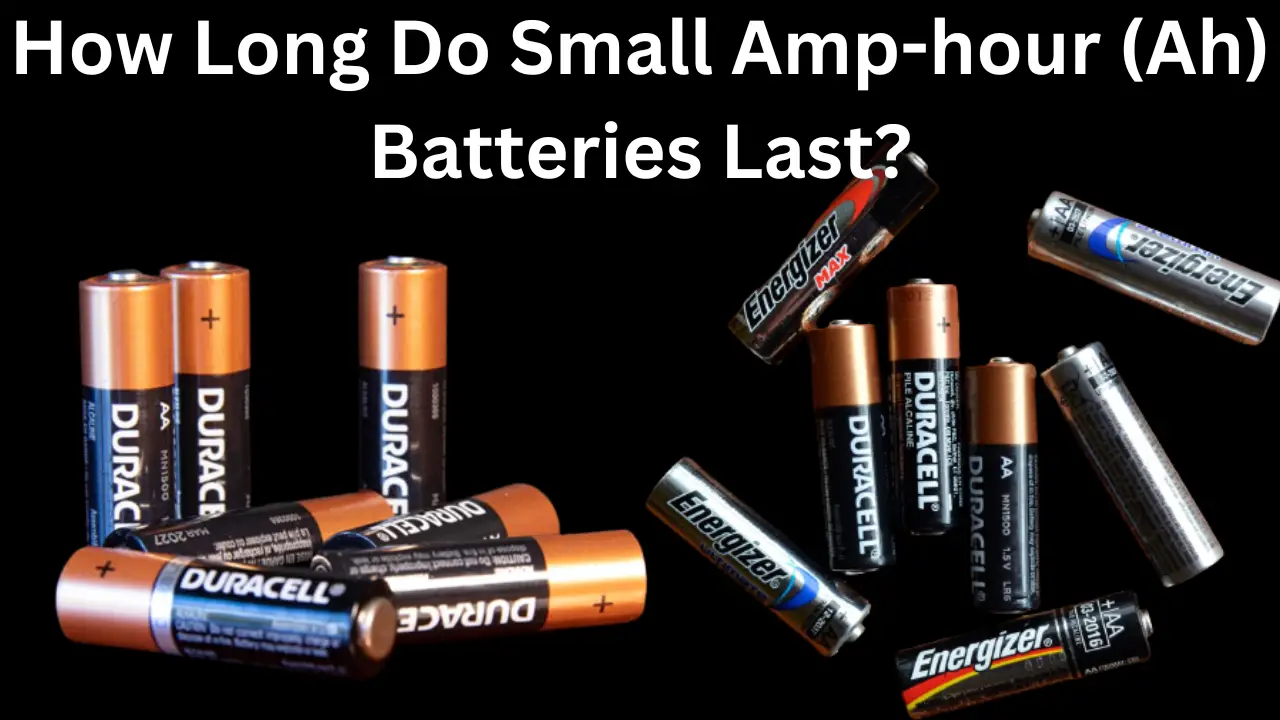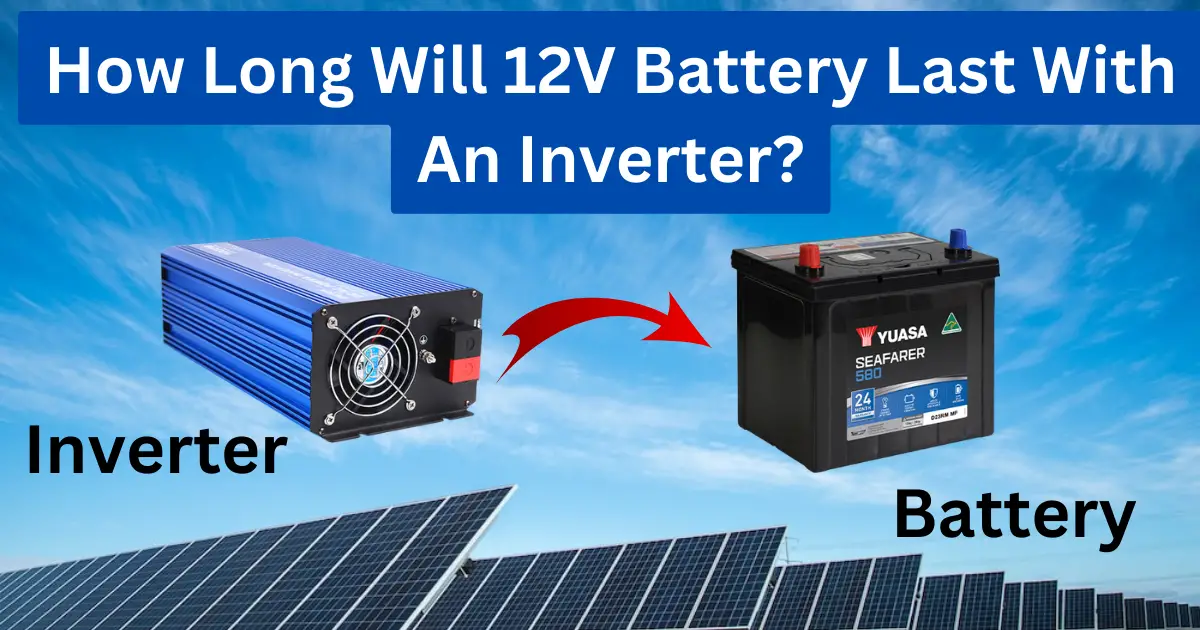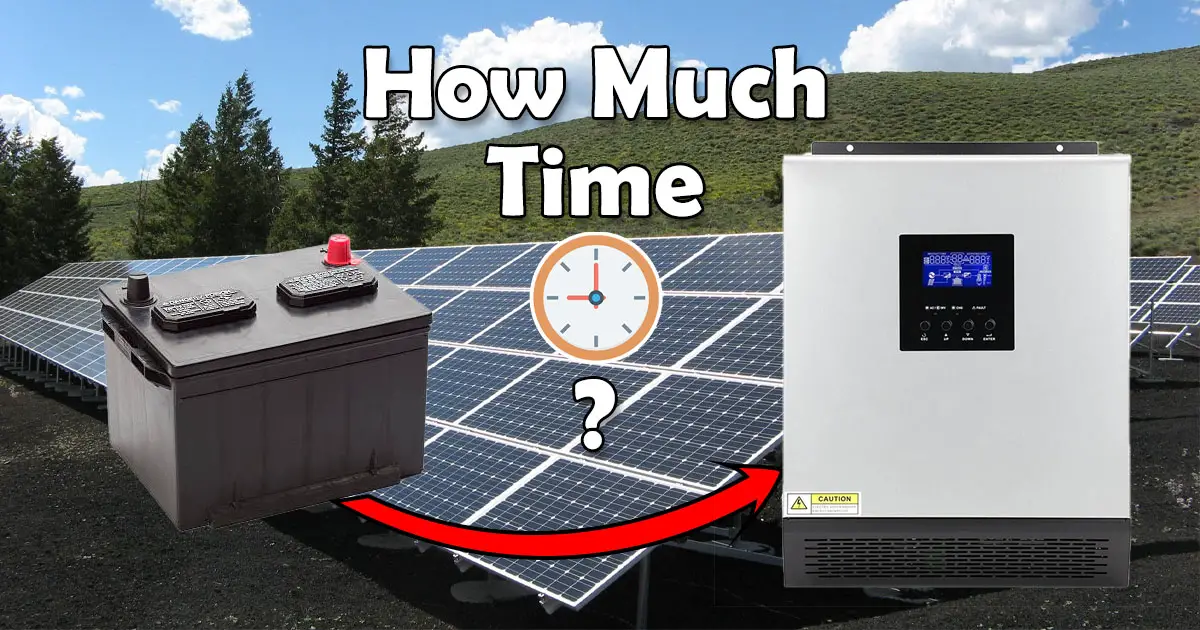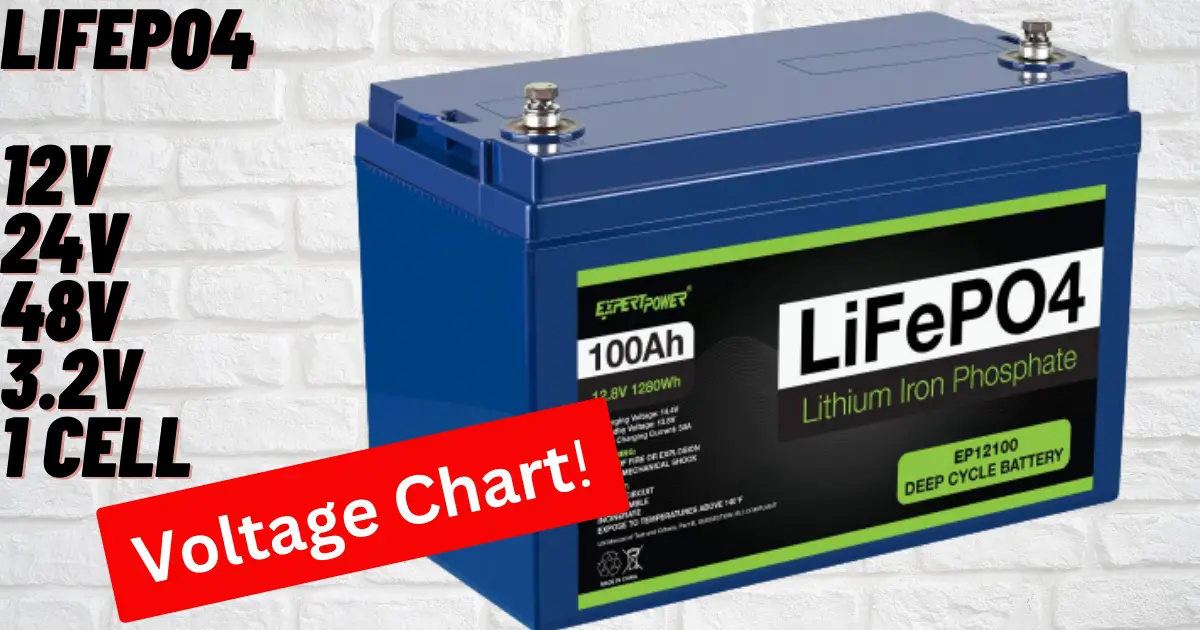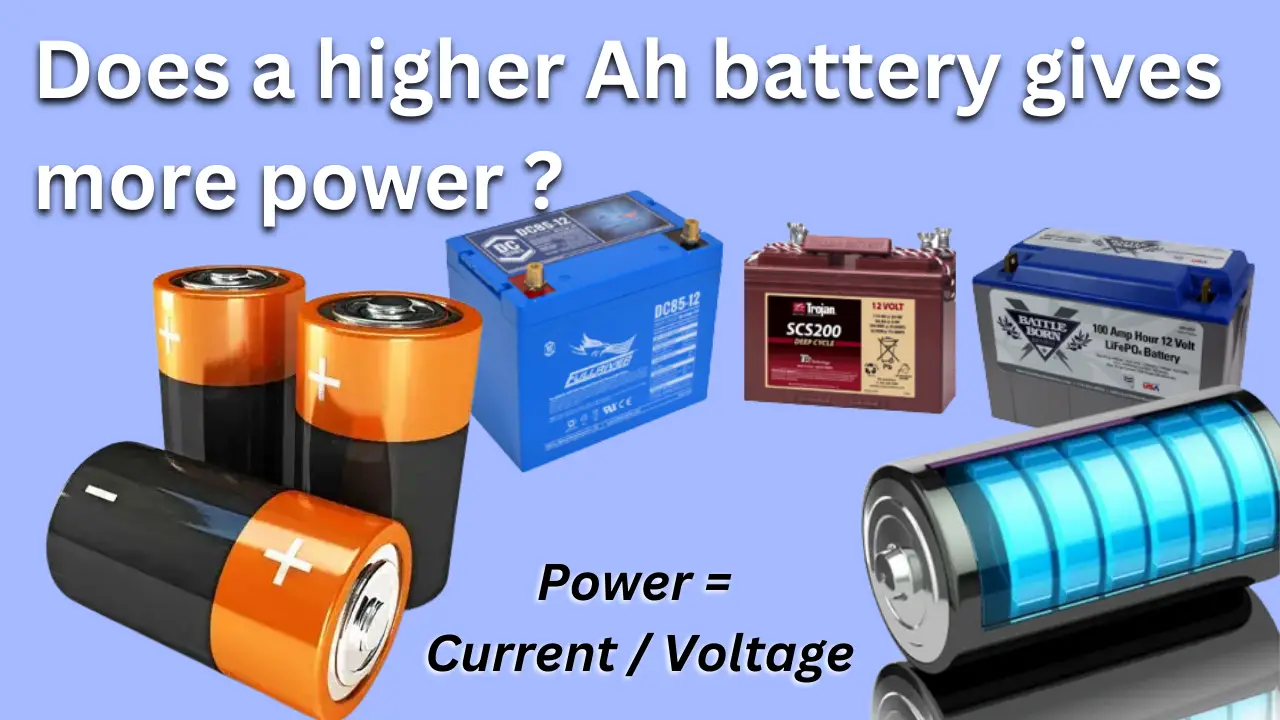Small amp-hour (Ah) batteries are widely used in a variety of devices, such as remote controls, toys, flashlights, and portable electronics. They provide the necessary power to keep these devices running smoothly. However, the lifespan of these batteries can vary depending on several factors, such as usage, storage conditions, and quality.
Small amp-hour (Ah) batteries can last anywhere from a few hours to a few years, depending on several factors such as usage, storage conditions, and quality. The lifespan of a battery is determined by its capacity in Ah or Wh and the output connected load of the device it is powering.
This article will address the lifespan of small Ah batteries and the variables that can affect them.
What is amp-hour?
Amp-hour (Ah) is a unit of measurement used to determine the capacity size of a battery. For instance, a 5Ah battery can supply 1A of current for 5 hours. The voltage of a battery varies, but batteries with the same capacity will have the same Ah rating. Lithium-ion batteries can deliver 100% of their total capacity, while lead-acid batteries have a depth of discharge (DOD) limit of 50%, which means that only 3Ah can be drawn from a 6Ah lead-acid battery to prolong its life.
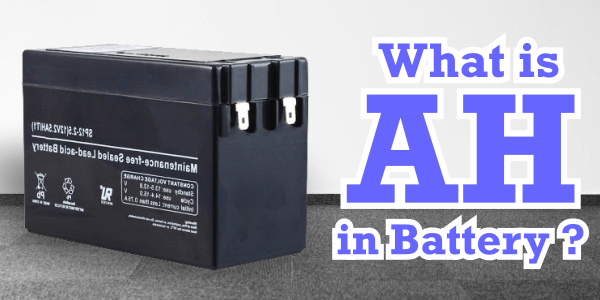
What are small amp-hour (Ah) batteries?
Batteries with a small ampere-hour capacity are often of the non-rechargeable variety and are used in devices with a low to moderate power consumption requirement. These batteries are typically sold in standard sizes such as AA, AAA, C, and D, and they are constructed out of components including zinc-carbon, alkaline, and lithium, respectively.
How long do small Ah batteries last?
The lifespan of a small Ah battery is determined by two main factors:
- Battery capacity in Ah or Wh
- Output connected load
The capacity of the battery refers to the amount of energy it can store, which determines how long it can power a device before needing to be recharged or replaced. The output-connected load refers to the amount of power the device draws from the battery, which determines how quickly the battery will be drained.
Also, the lifespan of a small Ah battery can vary widely based on these factors as well as the type of battery and storage conditions. For example, alkaline batteries typically last between two to five years, while lithium batteries can last over ten years.
The lifespan of a battery can also be affected by how it is used, with high-power consumption devices draining the battery more quickly than low-power consumption devices.
How To Calculate Battery Backup Time?

If you want to determine how long your battery backup will last, you can follow a simple formula. First, you need to convert the battery capacity from amp-hours (Ah) to watt-hours (Wh) by multiplying it by the battery voltage. Then, divide the battery capacity in watt-hours by the total output in watts of the device(s) you are running on the battery. This will give you the estimated backup time in hours.
The formula is as follows:
Battery backup time = Battery capacity (Wh) / Output connected load
You can determine how long your little battery will last by following the formula, but the estimate will be different for large-capacity batteries due to the inverter efficiency rate.
For example –
Let’s say you have a 1.3 Ah battery, and you want to calculate how long it will last when connected to a load of 50 watts. Assuming the voltage to be 20V, then:
First, convert the battery capacity from Ah to Wh:
Battery capacity (Wh) = Battery capacity (Ah) x Voltage
Battery capacity (Wh) = 1.3 Ah x 20V = 26 Wh
Next, use the formula to calculate the battery backup time:
Battery backup time = Battery capacity (Wh) / Output connected load
Battery backup time = 26 Wh / 50 W
Battery backup time = 0.52 hours or approximately 31 minutes
So, with a 1.3 Ah battery of 20 volts connected to a 50 W load, you can expect a backup time of around 31 minutes.
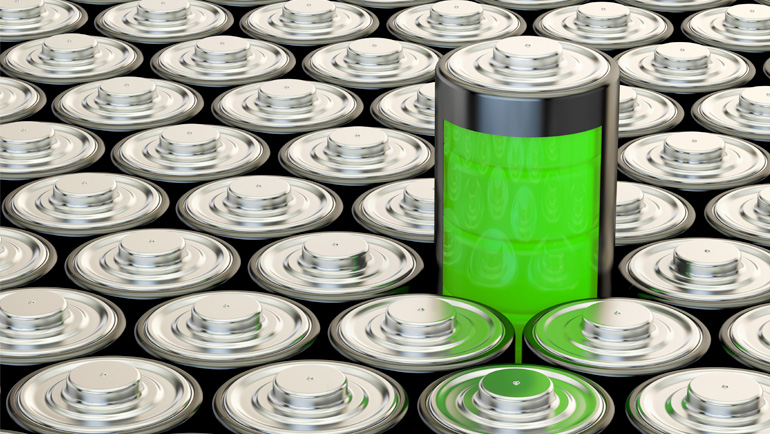
For example –
Let’s take another example with a 3 Ah battery, and you want to calculate how long it will last when connected to a load of 60 watts.
Assuming the voltage to also be 20V, then:
Battery capacity (Wh) = 3 Ah x 20V = 60 Wh
Battery backup time = Battery capacity (Wh) / Output connected load
Battery backup time = 60 Wh / 60 W
Battery backup time = 1 hour
So, with a 3 Ah battery connected to a 60 W load, you can expect a backup time of around 1 hour.
Other factors that affect the lifespan of small Ah batteries
Usage
Use is a major element in influencing the lifespan of small Ah batteries. The battery’s lifespan depends on the gadget’s power needs. Digital cameras and portable game consoles consume batteries faster than remote controls and clocks. To extend battery life, remove batteries from devices that won’t be utilized.
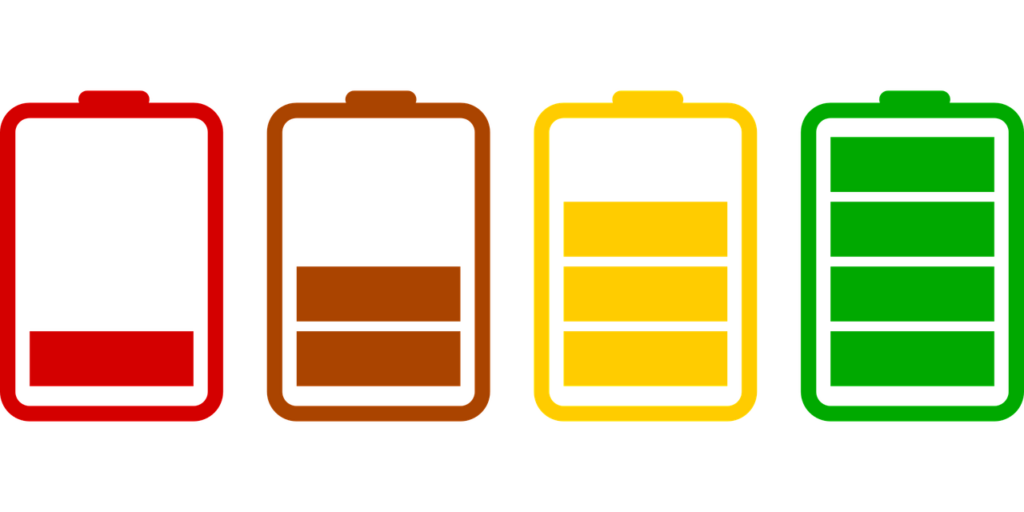
Storage conditions
Small Ah batteries also last longer due to storage circumstances. When not in use, batteries should be kept out of the heat and direct sunlight. High temperatures can cause the battery to explode or spill.
Keep batteries in their original packaging in a separate container to avoid short circuits and battery drain from metal contact. Keeping batteries in their box or a separate container prevents this.
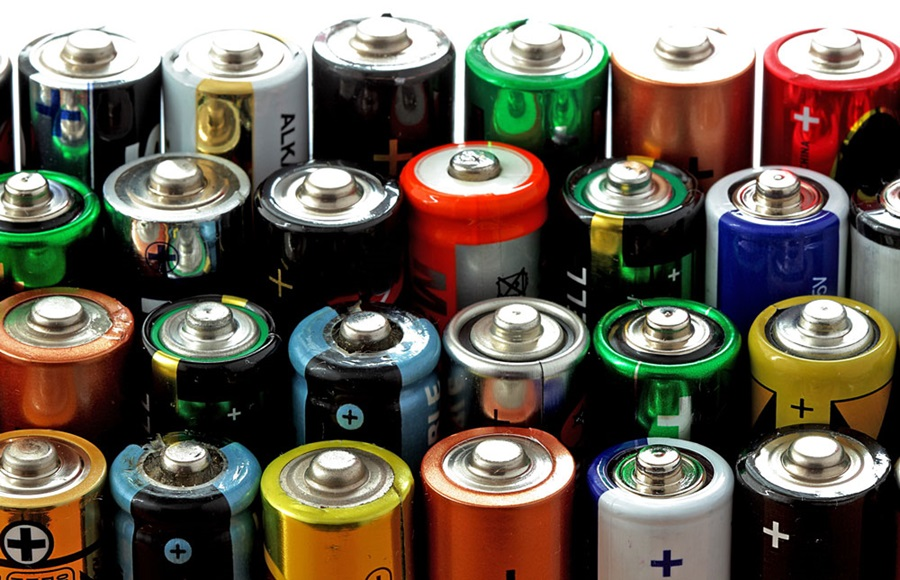
Quality
Small Ah batteries vary in quality by brand and manufacturing process. Use well-known companies that make high-quality batteries. Low-quality batteries may damage devices and last less. Thus, investing in high-quality batteries ensures their longevity.
Age
Aging can also affect a small Ah battery lifespan. Even when not utilized, the battery can lose charge. Before buying, check the battery expiration date and utilize the oldest first. Thus you can use the batteries before they die.
Tips to extend the lifespan of small Ah batteries
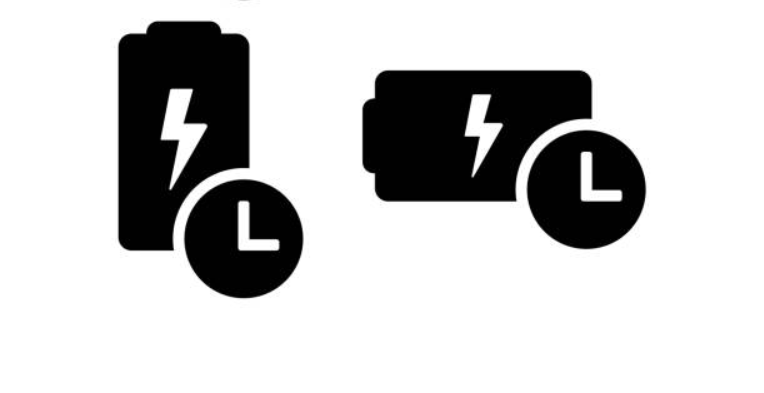
Remove batteries from devices when not in use
It is possible to improve the lifespan of batteries by removing them from electronic devices that will not be used for an extended length of time. This is of utmost significance for equipment that is only utilized sometimes, such as emergency torches and smoke detectors, amongst others.
Keep the batteries in a dry and cool location
When not in use, small Ah batteries should be kept in a cool, dry location that is shielded from both direct sunlight and sources of heat. The battery may burst into flames or even leak if it is subjected to temperatures that are too high.
Calculate battery backup time to avoid overusing
Calculating the battery backup time is an important step in avoiding overuse and maximizing the lifespan of the battery. Overusing a battery by running a device beyond the capacity of the battery can lead to decreased performance and a shorter lifespan.
On the other hand, underutilizing a battery by not using it at all can also lead to degradation and a shorter lifespan.
Use reputable brands
It is advisable to make use of well-known companies that have a track record of manufacturing batteries of a superior grade. Low-cost batteries of poor quality may have a shorter lifespan and may even cause damage to the devices they power. The initial investment in higher-quality batteries may be more expensive, but it will be well worth it in the long term.
Avoid mixing old and new batteries
The lifespan of the batteries can be shortened if you use fresh and used batteries together. For maximum performance, it is recommended to use batteries of the same brand, kind, and age as the device is powered by the batteries.
Don’t recharge non-rechargeable batteries
If you try to recharge a battery that was not designed to be recharged, you risk damaging the battery and possibly even causing it to explode. Batteries that cannot be recharged are not intended to be recharged.
Please ensure that you are using the battery that is designed specifically for your device, and always dispose of old batteries in the appropriate manner.
Conclusion
In conclusion, small amp-hour (Ah) batteries are frequently used in many different types of equipment, and their lifespan might vary based on a number of variables, including usage, storage conditions, and quality.
The capacity of the battery and output connected load determine the battery backup time, and the lifespan of the battery can be affected by how it is used, with high power consumption devices draining the battery more quickly.
Moreover, the type of battery and storage conditions also affect its lifespan. It is recommended to remove batteries from devices that will not be used for an extended period of time to prolong the battery’s useful life.
Therefore, understanding the factors that affect the lifespan of small Ah batteries can help individuals to make informed decisions when purchasing and using batteries.

